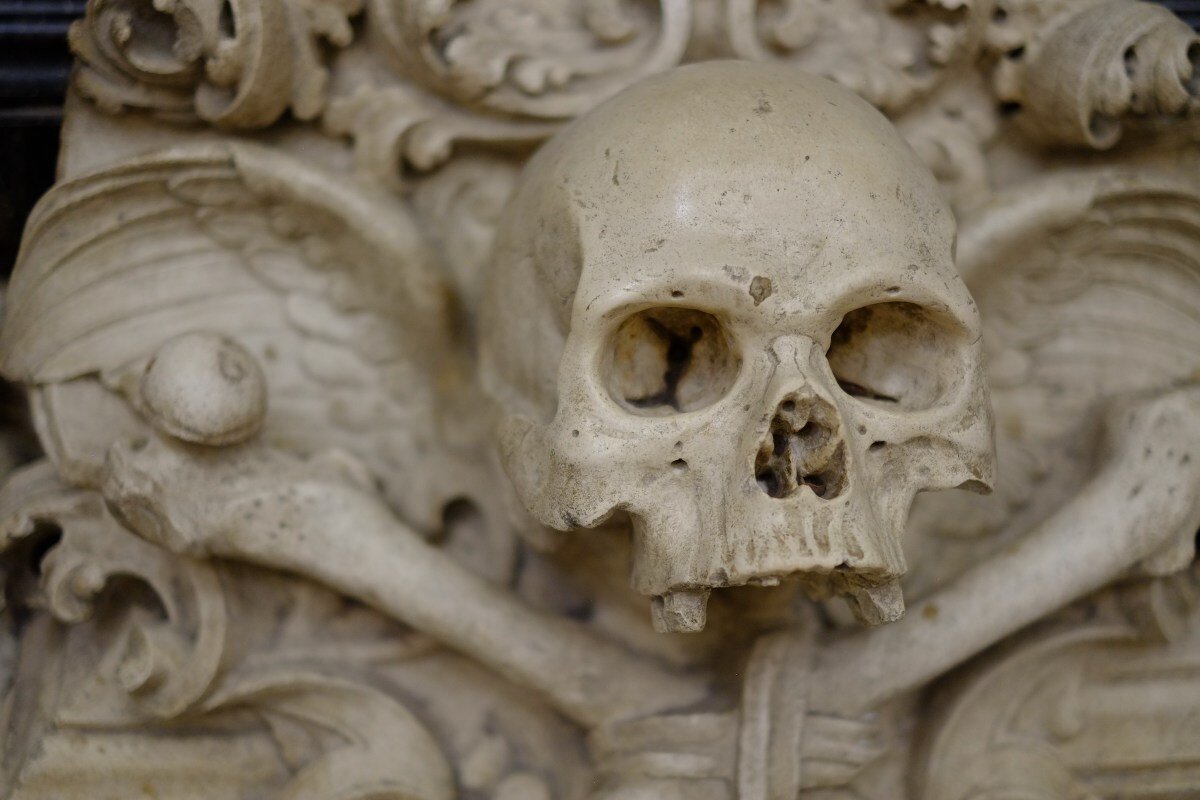
Towards a Method for Discerning Sources of Supply within the Human Remains Trade via Patterns of Visual Dissimilarity and Computer Vision
While bone traders are quick to point out that ‘buying human skulls is legal’, the trading in Indigenous remains is not. In this report, ACCO researchers develop machine learning techniques for identifying the geographic ancestry of human remains advertised on social media to better identify illegal trading.

The Human Remains Trade on Social Media Fact Sheet
Social media algorithms have propelled the growth of human remains trading, which includes everything from mummies to items of indigenous cultural heritage. Download the fact sheet.

The Mainly Nameless and Faceless Dead: An Exploratory Study of the Illicit Traffic in Archaeological and Ethnographic Human Remains
This paper by Damien Huffer studies the current global trade in human remains, in particular those from archaeological or ethnographic contexts, through keyword searches on common search engines and e-commerce sites. Read the report.

Political Candidate Blasted For Giving Boyfriend Human Skull As Birthday Present
A woman running in this year's federal Canadian election has been slammed for giving her boyfriend a human skull from the 1700s as a birthday gift. The gift is particularly controversial because of a widespread historical failure to properly repatriate Indigenous remains. Read the Newsweek article.

Ah, I See You Have A Policy: A Screenshot Essay on the Trade in Human Remains
From Shawn Graham’s blog, Electric Archaeology, pointing out the discrepancies between Big Tech’s polices towards human remains and their actions. Read the article.

Why We Should Not be Trading Human Bones on Instagram
We shouldn’t need a law explicitly declaring “No one can own dead people,” though perhaps that would help. We need enforcement of the laws that we do have. Read the article.







